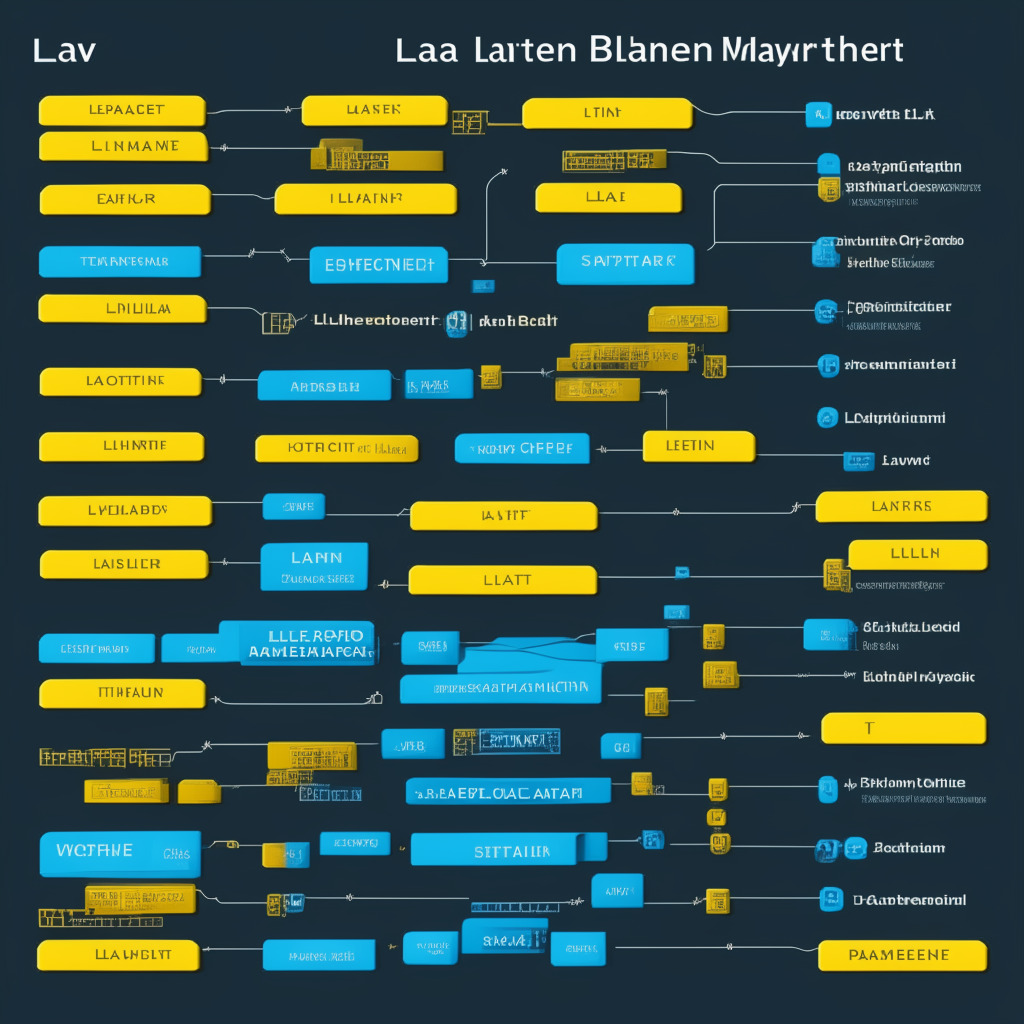Sui, a Layer 1 blockchain, made its entrance into the crypto space in May 2023, bringing with it the promise of high-speed transactions, instant processing, and scalability. Its native programming language, Move, based on Rust, aims to simplify smart contract development and expand the Decentralized Finance (DeFi) industry. The platform’s parallel processing of transactions and horizontal scaling sets it apart from its counterparts, helping it maintain low transaction costs.
The Sui network is backed by Mysten Labs, with a team that includes former senior executives and architects from Meta’s discontinued digital wallet program, Novi. Its delegated proof-of-stake consensus mechanism ensures validators are elected for token staking every 24 hours, enhancing security and adaptability. Before its mainnet launch, Sui raised $300 million in a Series B funding round.
SUI, the native token of the Sui ecosystem, plays a vital role in the platform’s consensus mechanism, on-chain voting, gas fees, and DeFi activities. The token sale for SUI had a hard cap of 10 billion tokens, with 14% of them available for investors. However, U.S. residents were not eligible to take part in the sale.
The Sui network gained significant attention following an announcement by Binance founder CZ to include SUI in Launchpool, a system that offers users the ability to contribute crypto assets to a liquidity pool and earn rewards. As a consequence, Tron founder Justin Sun contributed a notable $56 million in TrueUSD stablecoins to Binance, presumably to farm SUI tokens.
In response, CZ expressed concerns that the Launchpool was designed for retail users, not solely for whales, and warned of potential countermeasures against Sun should he attempt a SUI token grab. Afterward, Sun claimed that the purpose of the deposit was to facilitate market-making between exchanges rather than participating in any promotion. Binance eventually arranged a full refund of the transfer, reallocating the farmed SUI tokens to its TUSD liquidity pool.
Despite its potential benefits and attention from industry giants, the Sui platform presents some concerns. Critics argue that the horizontal scaling and parallel processing may not be sufficient to guarantee low transaction costs in the long run. Additionally, the significant interest from large players and industry influencers like Justin Sun could result in uneven wealth distribution among participants, potentially creating barriers for smaller investors.
In conclusion, while the Sui network shows promise in enhancing transaction speed and access to DeFi, it remains crucial to evaluate the platform’s long-term sustainability and the evolving dynamics between whales and retail investors.
Source: Decrypt




